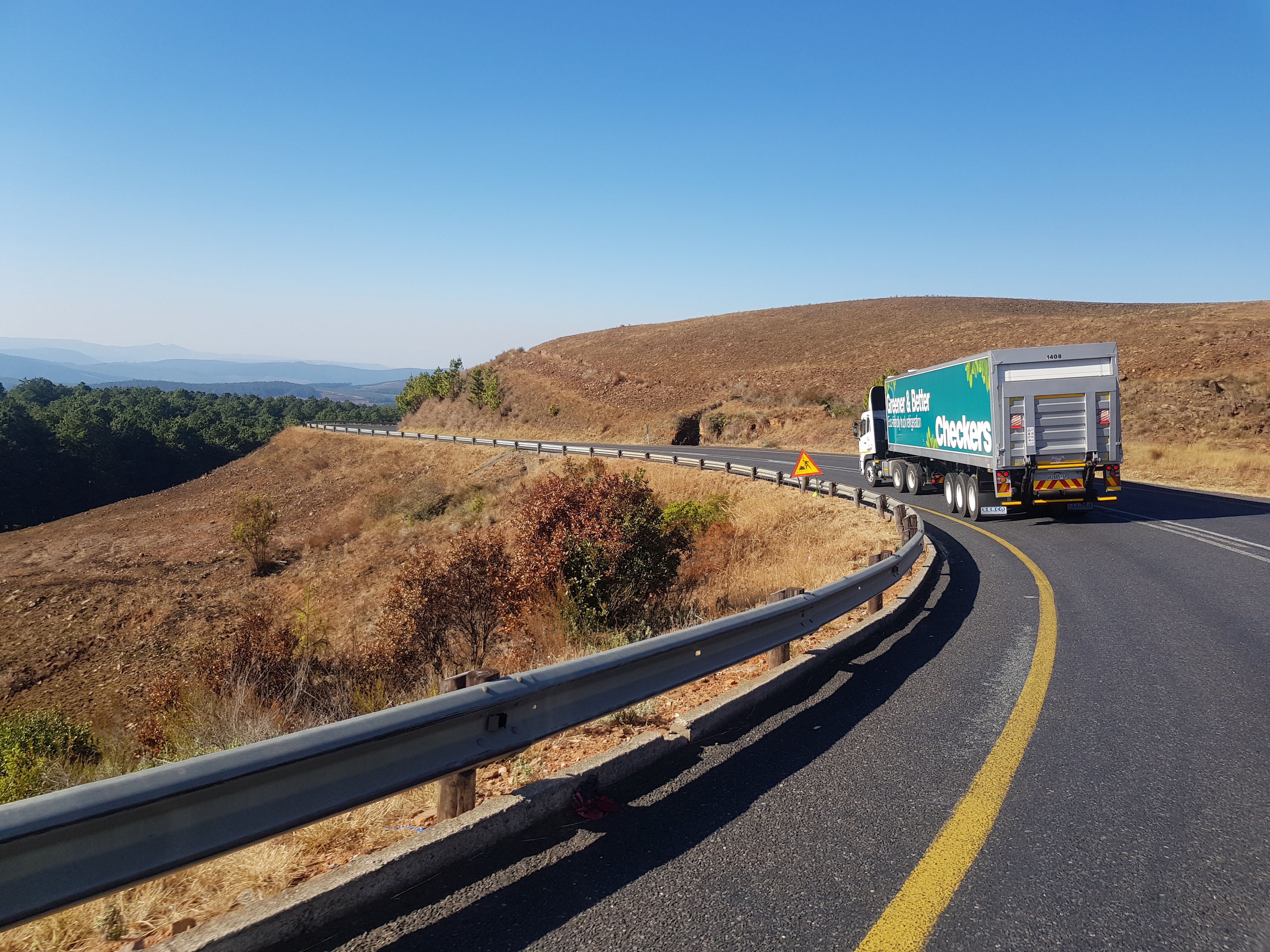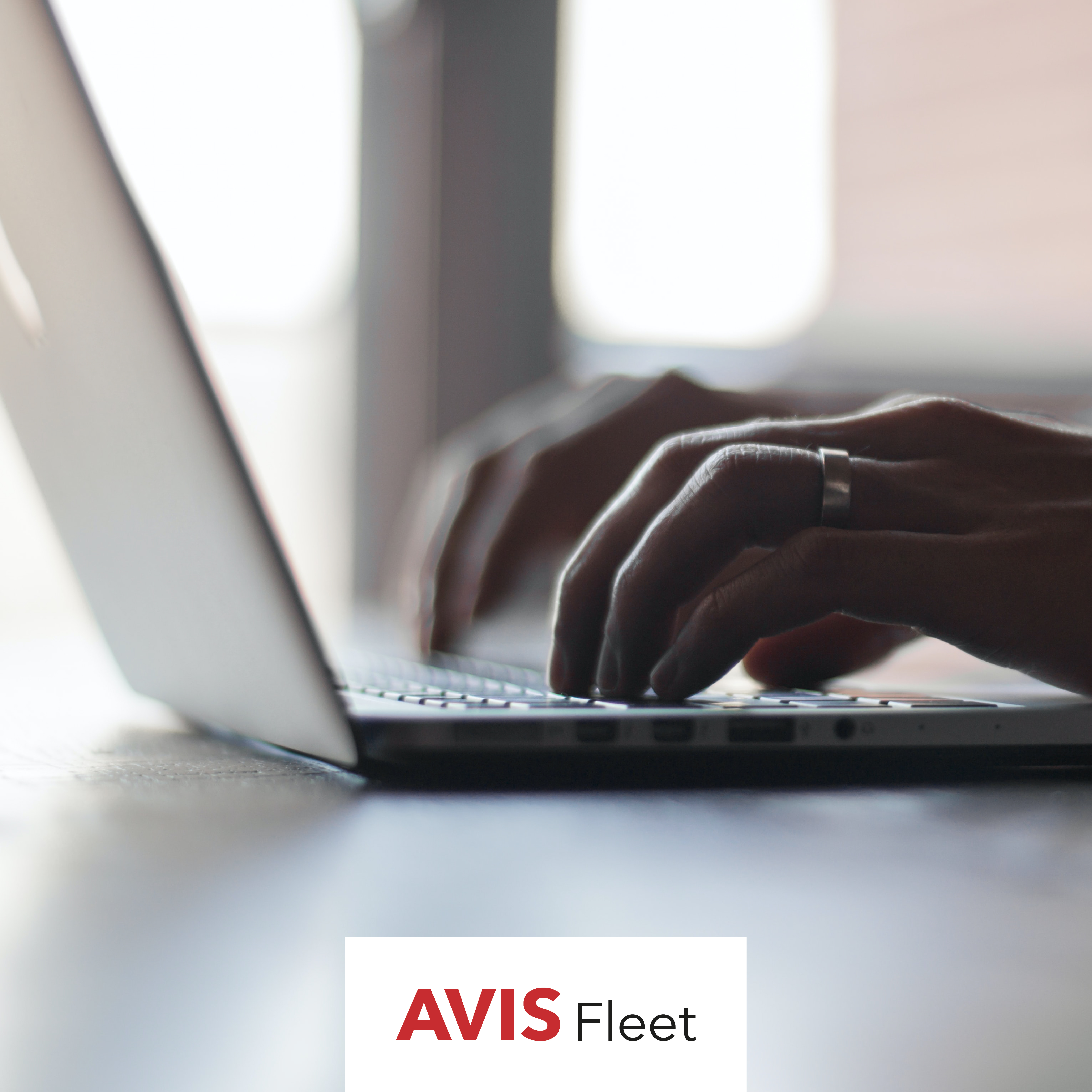In this interview with the Avis Fleet CFO, we take a look at the change in accounting standards that necessitates on-balance sheet versus off-balance sheet lease disclosure.
The purpose of this blog is to inform readers about the differences and what each means to operating a business. We want to create awareness around a change in accounting standards to help our customers to deal with it as easily as possible.

Is there an upside to the change in standards for Avis Fleet customers?
The upside is that many customers, particularly listed customers, look at an EBITDA ratio, which means earnings before interest, tax, depreciation and amortisation, as a key performance indicator.
Under the current accounting standard, your lease rentals that you pay to Avis Fleet are included as an expense in that amount. Under the new statement you will actually take out the depreciation and the interest.
Your EBITDA will be higher, so you will have a better EBITDA in terms of the new statement than you would have had under the existing statement. But they are just financial ratios. It doesn’t change the mechanics of how the business is working and what the cash flows are and what is happening in reality.
What’s the reason for the change from off-balance sheet to on-balance sheet?
Currently, if you are trying to evaluate two sets of financial statements and one customer buys their vehicles and another customer leases, you get a very different picture in terms of the ratios and what the income statement and balance sheet looks like.
The intention behind this change, why the standard setters wanted it, is to try and make the two comparable. So, with the new standard, whether you buy your vehicle or lease your vehicle, you will have an asset that is on your balance sheet. That was the logic behind this change.
What will the change from off-balance sheet to on-balance sheet mean?
The change will mean that everybody is going to be on the same page. You won’t have a disconnect between buying and leasing.
Both companies will have an asset on their balance sheet although they might be slightly different in size. In the case of the leased vehicle, there will also be a liability that could help to level the playing fields.
But the main thing that customers need to be aware of is that it’s going to affect their ratios. And if they have a holding company, if they are listed, customers should remember the market is sensitive to ratios.
However, everybody is going to be affected by it. Everybody will be affected in the same ways.
In terms of benefits to customers, the advantages of leasing versus buying remain. The actual mechanics and commercial reality of spending R5 000 - R7 000 a month rather than laying out R300 000 on a vehicle prevail: it still costs you less from a cash flow perspective.
The benefits that Avis Fleet offer, from managing your fleet and taking away all the headaches and administrative burden for you, they stay too. It’s just that the asset is now going to reflect on your balance sheet with a corresponding liability.
How would you suggest people prepare themselves?
We are creating awareness around this change so that we can understand from customers what will work best for them.
Our intention is to try and give our customers the information that they need and to work together with them to find the best way of dealing with the change.
I envisage some sort of monthly reporting that gives them the necessary information that they need to process their accounting entries. As with every other aspect of fleet management, we want to be able to give our customers what they need to run their businesses as efficiently as possible.
Avis Fleet is a fleet management company with longstanding experience and expertise. We aim to help companies optimise their fleet with our range of solutions designed for your needs.
Find out more about our fleet management solutions here or contact us directly with any questions that you might have regarding our services.





